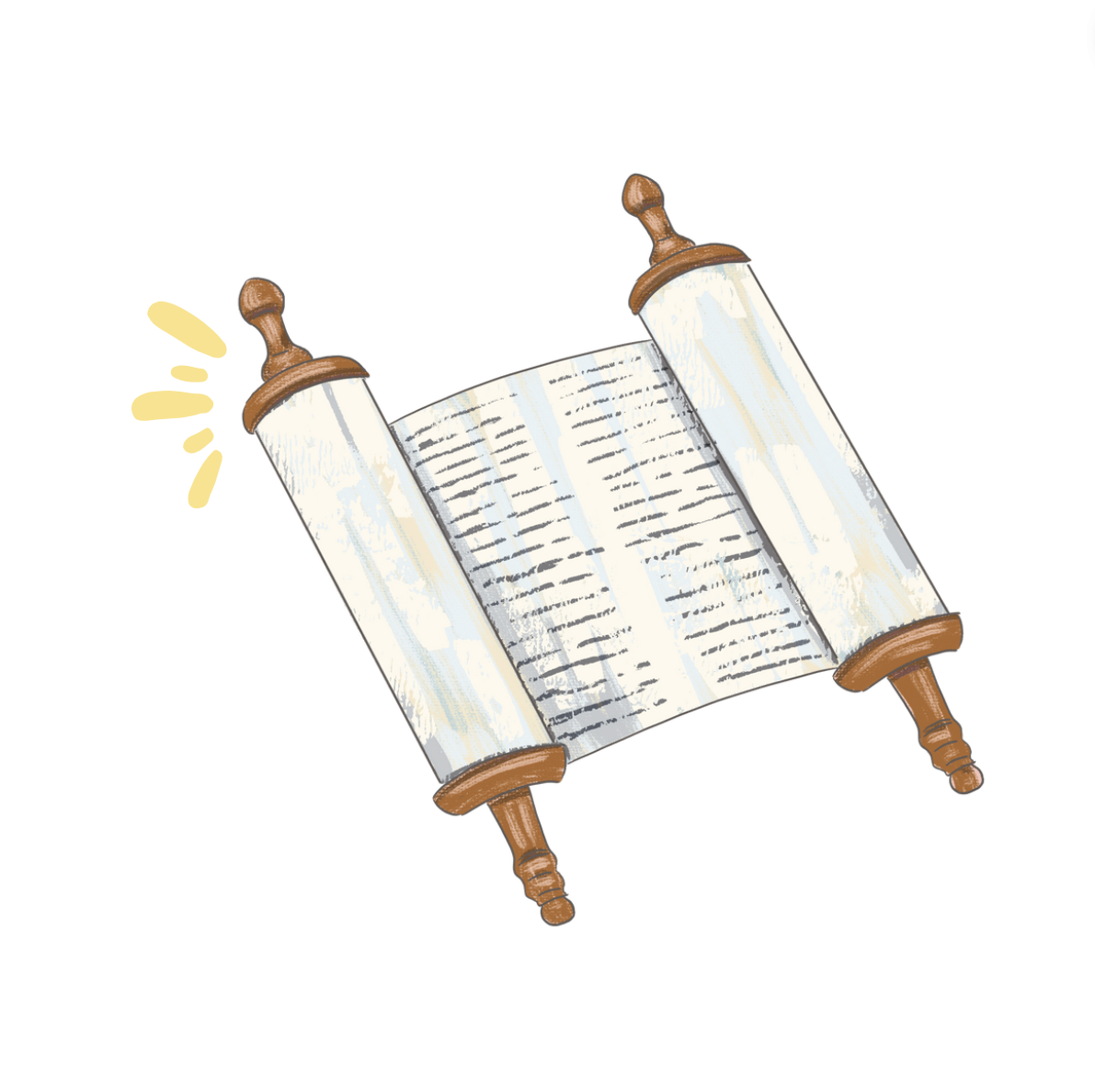Have you ever been thanked during a speech? Or have you ever been left out of a thank you list that you should have been on? I’ve personally experienced both! Oftentimes, my contribution is the same whether or not I received acknowledgement. This same phenomenon happens to Moses, who is sometimes thanked and other times not for his leadership. While the Book of Exodus and the Passover narrative outlined in the Haggadah (our Passover guidebook) tell the same story, Moses is only the main character in one of these accounts!
Although Moses is the leader of the Exodus, the Haggadah only mentions Moses one measly time. From Exodus 14:31, “They had faith in God and God’s servant Moses.” While the Israelites certainly had faith in Moses (most of the time) the rabbis during the era in which the haggadah was created didn’t—at least not enough for a feature role at the Passover seder. In the Book of Exodus, Moses’s name is everywhere. In the Haggadah, it’s there only this one time.
Moses’s absence in the Haggadah is significant, but not entirely unique. We just read the Book of Esther for Purim this past week, which entirely omits any mention of God. And last week, the Torah portion was Parashat Tetzavah, the one Torah portion in Exodus, Leviticus, and Numbers that doesn’t mention Moses’s name. These three examples represent a bigger phenomenon. Despite their omissions, Moses and God still have significant impacts in these narratives. Moses led the Israelites out of Egypt, even though he is left out of the Haggadah. Moses was also an important character in Parashat Tetzaveh while his name is never mentioned. And God is a passive force in the background of the Book of Esther even though God’s name is never mentioned.
Dr. Wendy Zierler teaches that there are even bigger absences than that of Moses in the haggadah. Beyond Shifrah and Puah, the Egyptian midwives who subverted Pharaoh’s decree to kill all Hebrew firstborns and saved Moses, there are no women’s voices in the Passover story or in the Haggadah! In the past 50+ years, women have created and led women’s seders (including our own at JCP!) that center and celebrate women’s voices, perspectives, and experiences of liberation. In her essay “Where Have All the Women Gone? Feminist Questions About the Haggadah,” Dr. Zierler imagines what it would look like to weave women into the Haggadah, creating one seder experience that more fully represents the genders of the characters and community around the Passover table. Whether we create separate seder experiences, or integrate overlooked narratives into the Haggadah, women have significantly directed the Exodus and larger Jewish stories and deserve to be acknowledged for that.
While Passover is an opportunity to center and uplift marginalized voices as a way to actualize the Passover theme of liberation, it is more than that. It is also an opportunity to search out and acknowledge who is left out of the thank you lists, Haggadahs, Torah stories, and beyond even while significantly impacting our lives, stories, and communities. The Haggadah is a continuously developing guidebook to celebrate Passover. This year, I’m thinking about how we will recognize all those who have contributed to it.
Stay tuned for more Highlights from the Haggadah as we march toward Passover!
Shabbat shalom,
Jacob

